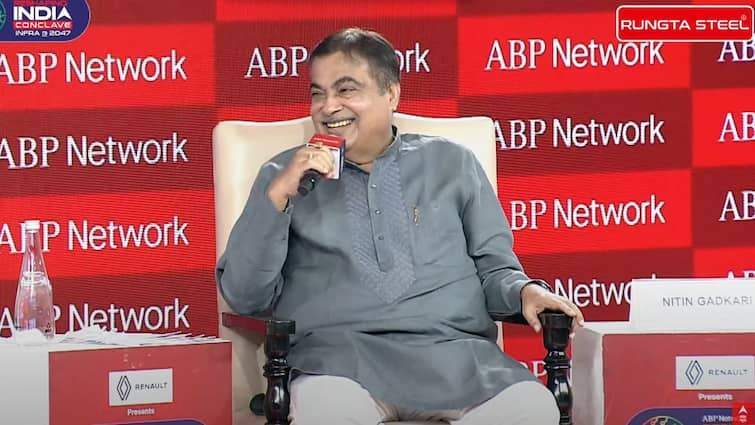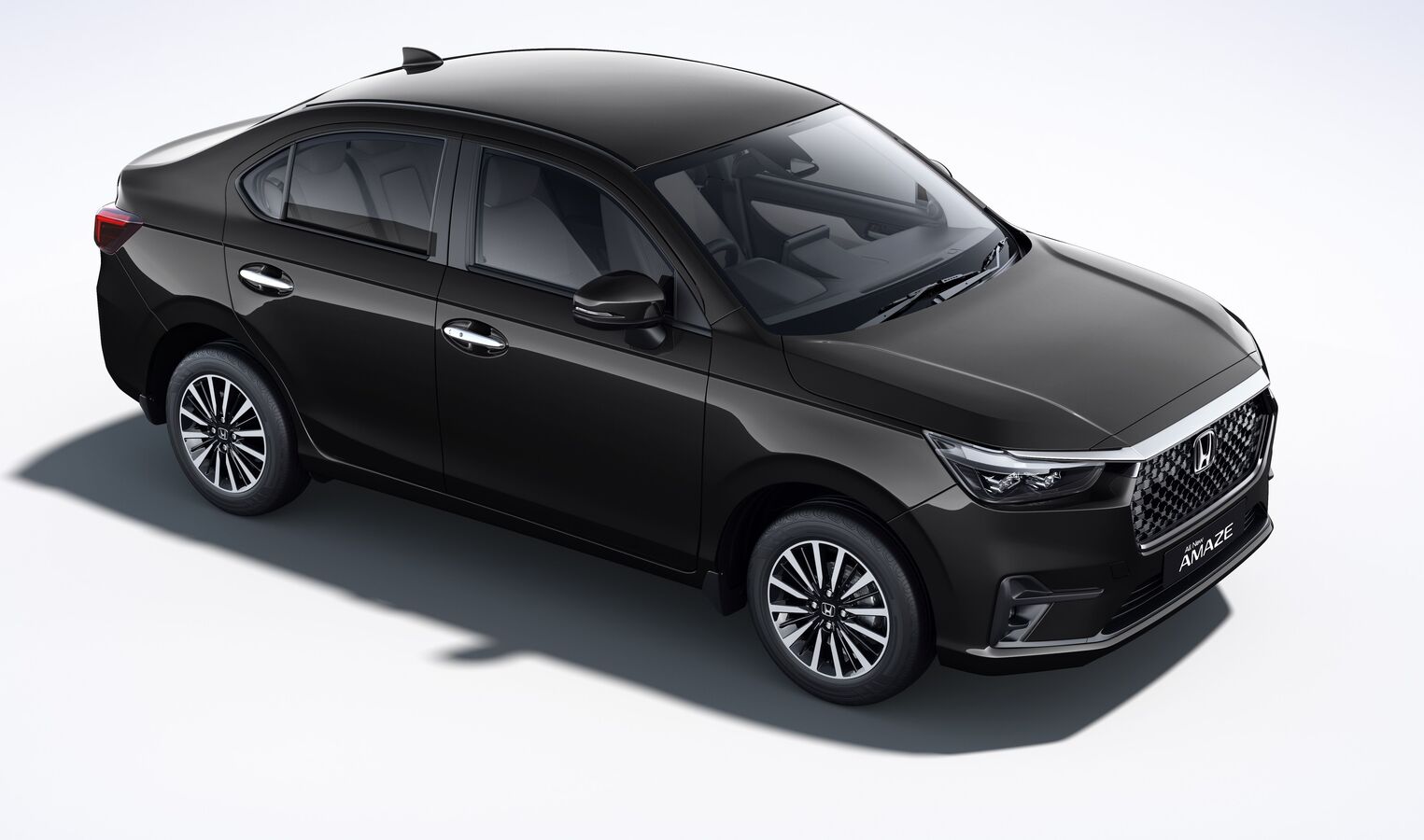Union Minister for Road Transport and Highways Nitin Gadkari on Tuesday said that his vision is to see India emerge as the world’s number one nation in biofuels within the next five years. Speaking at the ABP Reshaping India Conclave, he underlined the twin goals of making the country pollution-free and self-reliant.
“My dream is that in five years, India will be number one in biofuels globally. We have to make the country free of pollution and self-sufficient. The automobile industry is currently the largest contributor of GST to both the Centre and the states,” Gadkari said.
Ethanol Controversy
These comments come amidst the government’s push for ethanol-blended petrol. Citizens have been openly voicing their criticism about the move and alleging that personal gain is what is motivating the Roads and Highways Minister to keep advocating for E20 fuel.
However, Gadkari has dismissed what he calls a “paid” and “politically motivated” campaign against ethanol-blended petrol, asserting that E20 is safe. Recently, without naming critics, Gadkari stressed that he provides business ideas to his sons but never engages in fraudulent practices. “Recently, my son imported 800 containers of apples from Iran and exported 1,000 containers of bananas from India to Iran. I also own a sugar factory, a distillery, and a power plant. I am not experimenting with agriculture for personal gain,” he said.
The government maintains that the fuel is cost-effective, reduces pollution, cuts imports, and benefits farmers by creating demand for crops such as maize and sugarcane.
Focus on Road Safety and Enforcement
Meanwhile, the minister also addressed the issue of rising road accidents at the ABP Conclave. He outined measures taken by the government and said, “We have worked on several aspects of road engineering, including flyovers and tackling black spots. Cars now come with six airbags instead of four. The problem is that people don’t wear helmets. We made it mandatory for bike buyers to be provided a helmet. We also increased penalties. People don’t stop at red lights. Unless we properly train citizens, the problem will persist.”



